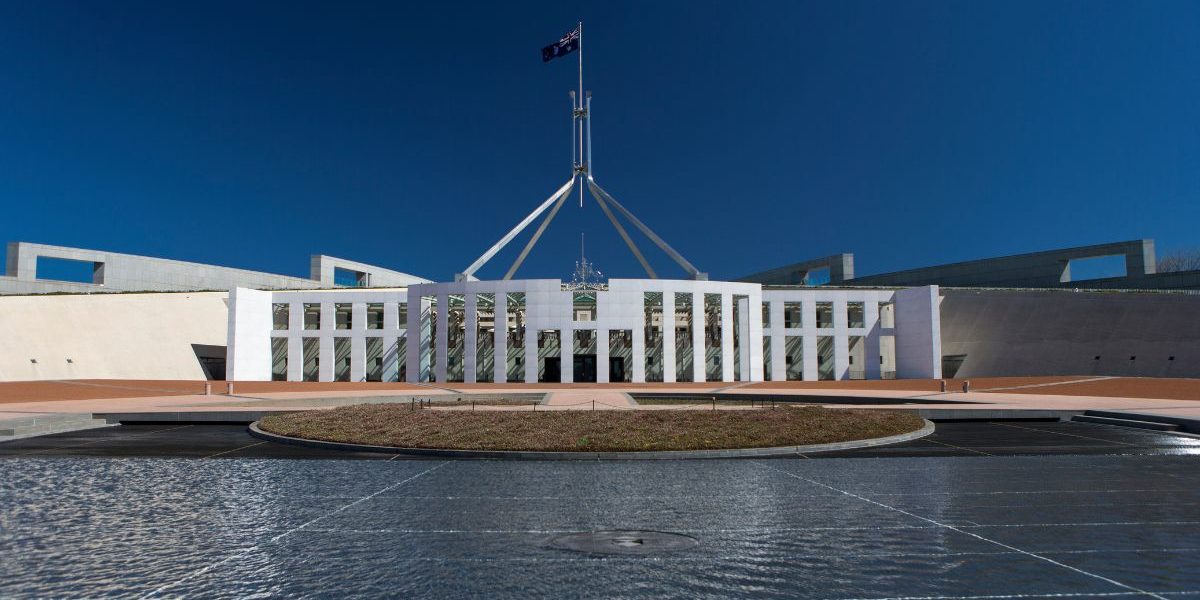This week, Federal Treasurer Dr Jim Chalmers handed down his first Labor Government Federal Budget. As expected, it delivered on key election commitments relating to aged care, childcare, education and acknowledged cost of living challenges with some practical solutions including lowering prescription costs. Following is a quick overview for business owners and individuals.
FOR BUSINESS
This Budget offers FBT and tariff exemptions for electric vehicles, as well as energy efficiency grants for SMEs. More business grants will be given non-assessable and non-exempt income status and there have been changes to import and export duties will apply to goods from Russia, Belarus and Ukraine, while Australia has also signed a tax treaty with Iceland. A range of previously announced amendments have been deferred or will not proceed.
Energy Efficiency Grants
From 2023, the Government will provide $62.6 million over 3 years to assist small to medium enterprises to fund energy efficient equipment upgrades. The funding will support a range of activities including studies, planning, equipment and facility upgrade projects that will improve energy efficiency, reduce emissions or improve the management of power demand.
COVID Business Grants
A number of Victorian state-based business grants relating to the COVID-19 pandemic will be non-assessable non-exempt income for tax purposes.
Electric Vehicles Exemption
From 1 July 2022, first held or used zero or low emissions vehicles, including electric cars, hydrogen fuel cell electric cars and plug-in hybrid electric cars are to be exempt from FBT and import tariffs. This only applies if the first retail price for the car is below the luxury car tax threshold for fuel-efficient vehicles. The threshold is currently $84,916.
Permanent Migration Program – Skills Workers
The permanent Migration Program will be increased to 195,000 in 2022–23 which is an increase of 35,000.
More than 90% of new places will be for skilled migrants, and more than a quarter will target regional areas. $42.2m will be allocated over two years from the YR2022-23 to increase visa processing capacity and for raising awareness about permanent jobs opportunities for high-skilled migrants in Australia. A further measure addressing workforce shortages, allows student and secondary training visa holders to have their work restrictions relaxed until 30 June 2023.
Russia & Belarus Tariffs
Additional tariffs on goods imported from Russia and Belarus have been extended by a further 12 months to 24 October 2023.
Ukraine exemption
Ukraine goods are exempt from import duties for a period of 12 months from 4 July 2022.
Iceland Treaty
The treaty will facilitate trade and investment between Australia and Iceland by relieving double taxation, reducing withholding tax rates and providing more certainty for taxpayers in both countries.
IMPORTANT: Temporary Full Expensing rules will end
The temporary full expensing rules that provide businesses with a turnover of up to $5 billion with an immediate deduction for 100% of the cost of eligible depreciating assets, will end on 30 June 2023. Now is the time to consider purchasing eligible depreciating assets and install them ready for use prior to 30 June 2023. Please contact us if you wish to discuss this further.
FOR INDIVIDUALS
There are significant benefits for older Australians and those with young children. From July 2023, Child Care Subsidy rates will lift from 85% to 90% for families earning less than $80,000. Targeted health, housing and education initiatives will provide cost relief for certain lower income households. There have also been a range of commitments for relieving the pressing housing shortage situation, and part of Labor’s solution has been to further reduce the superannuation Downsizer Contribution age.
Existing tax rate cuts for individuals
The already legislated ‘stage three’ tax cuts for individuals are currently set to continue, delivering further tax relief in FY24-25. The ‘stage three’ tax cuts are estimated to reduce the marginal rate to 30% or less for around 95% of all individual taxpayers.
Paid parental leave
The Federal Government has announced the biggest expansion of the Paid Parental Leave (PPL) scheme since 2011, with parental leave pay increasing from 18 to 26 weeks by FY26-27.
Flexibility under the scheme will also be increased with both parents being able to take leave concurrently or by allowing for periods of work in between leave periods. Encouraging both parents to access the reformed PPL scheme, there will be a ‘use it or lose it’ portion for each parent.
Eligibility for the PPL scheme will be expanded through the introduction of a $350,000 family income test, which families can be assessed under if they do not meet the individual income test.
Downsizer Contribution reduced to 55 years
The eligible age from which an individual can make a Downsizer Contribution to superannuation has reduced from 60 to 55 years. While awaiting Royal Assent, it is set to start from the first quarter following the passing of the legislation.
The Downsizer Contribution allows an eligible individual to make a one-off after-tax contribution to their superannuation fund of up to $300,000 from the proceeds of selling their home. The Downsizer Contribution does not count towards an individual’s non-concessional contribution cap and applies even if the individual has more than a total superannuation balance of $1.7M.
For further information about how these and other Budget announcements may affect you or your business, please contact our team on 03 9708 8801 or email info@rvpartners.com.au for further information.
Please Note: Many of the comments in this publication are general in nature and anyone intending to apply the information to practical circumstances should seek professional advice to independently verify their interpretation and the information’s applicability to their particular circumstances.
The information contained within this document is of a general nature only and neither represents nor is intended to be personal advice on any particular matter. Robinson Voss Partners (RV Partners) strongly suggests that no person should act specifically on the basis of the information in this document, but should obtain appropriate professional advice based on their own personal circumstances.








